
18 Courses

Emissions monitoring
New crematoria process guidance note - available from 26 March 2026
This is a pre-recorded webinar. Duration of the webinar is approx. 5 hrs. It is available from 26 March 2026.
Fee = £295.00 plus VAT or 3 credits
Trainer = Robert Stewart
This webinar will summarise changes to statutory guidance for Crematoria published in December 2025 (Crematoria: process guidance note - GOV.UK) which replaces Process Guidance PG5/2(12). The webinar will review the new guidance which covers Best Available Techniques for cremators and associated activities. The webinar will look in detail at changes from the 2012 Process Guidance Note to focus on changes (for example in emission limit values) for new cremators and considerations for existing plant - timescales for compliance and implications for permit review.
More details to follow soon.

Emissions monitoring
Introduction to Environmental Permitting
This is a pre-recorded webinar, approx. 50 minutes. Available from 22 April 2025.
Fee = FREE to EMAQ+ Subscription Members
Please email the EMAQ+ Team at emaq@ricardo.com to make your booking.
Trainer = Robert Stewart
This free webinar from EMAQ+ provides an overview of the Environmental Permitting Regulations (EPR). The webinar sets out the coverage of EPR and focusses on the responsibilities of Local Authorities under EPR for Part B and Part A2 installations, Small Waste Incineration Plant and Solvent Emission Activities. An overview is provided on the roles of Local Authorities including permit determination and supervision of regulated facilities. Resources available to Local Authorities including statutory guidance and EMAQ training on Environmental Permitting are described.

Emissions monitoring
New Essentials of PPC 1 - Introduction to Environmental Permitting - 7 April 2025 to 31 March 2026
This is a pre-recorded webinar. Estimated time to view this webinar is 5 hrs. It is available from 7 April 2025 to 31 March 2026.
Fee = £295.00 plus VAT or 3 credits
Trainers = Robert Stewart and Tim Glews
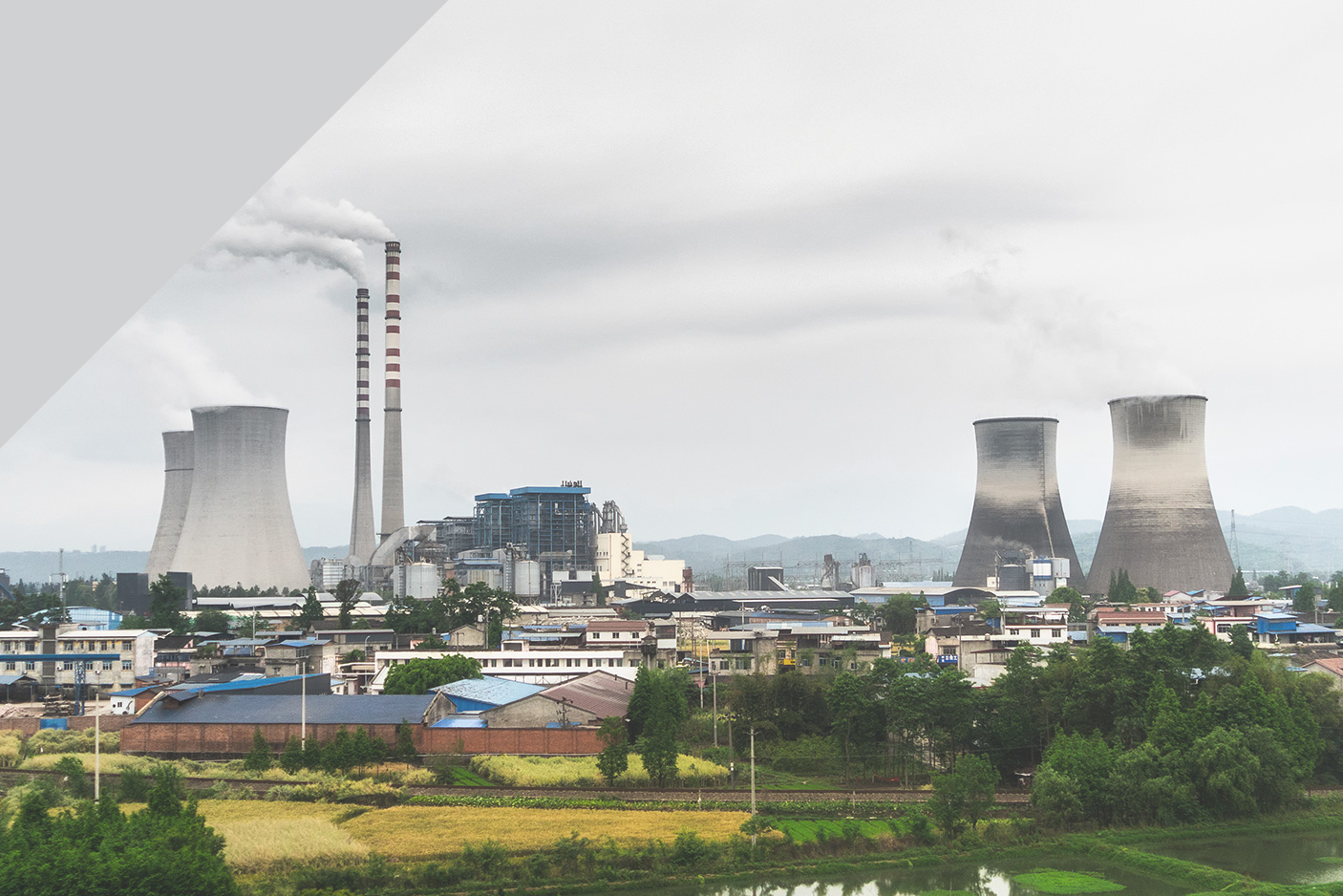
Emissions monitoring
New Essentials of PPC 2 - Permitting and Regulation - 7 April 2025 to 31 March 2026
This is a pre-recorded webinar. Estimated time to view this webinar is 5 hrs. It is available from 7 April 2025 to 31 March 2026.
Fee = £295.00 plus VAT or 3 credits
Trainers = Robert Stewart and Tim Glews
The purpose of this module is to provide the framework for the review of permit applications, acceptance criteria and good permit construction. This will include a detailed examination of the permit application and determination process. A detailed review of PG3/1(12) Process Guidance note and good practice in the construction of permit conditions. In addition, permit variations and transfers, Environment Management Systems, Incidents and accidents and the revocation and surrender of permits is reviewed. The module culminates in a practical exercise in the construction of a workable permit document.
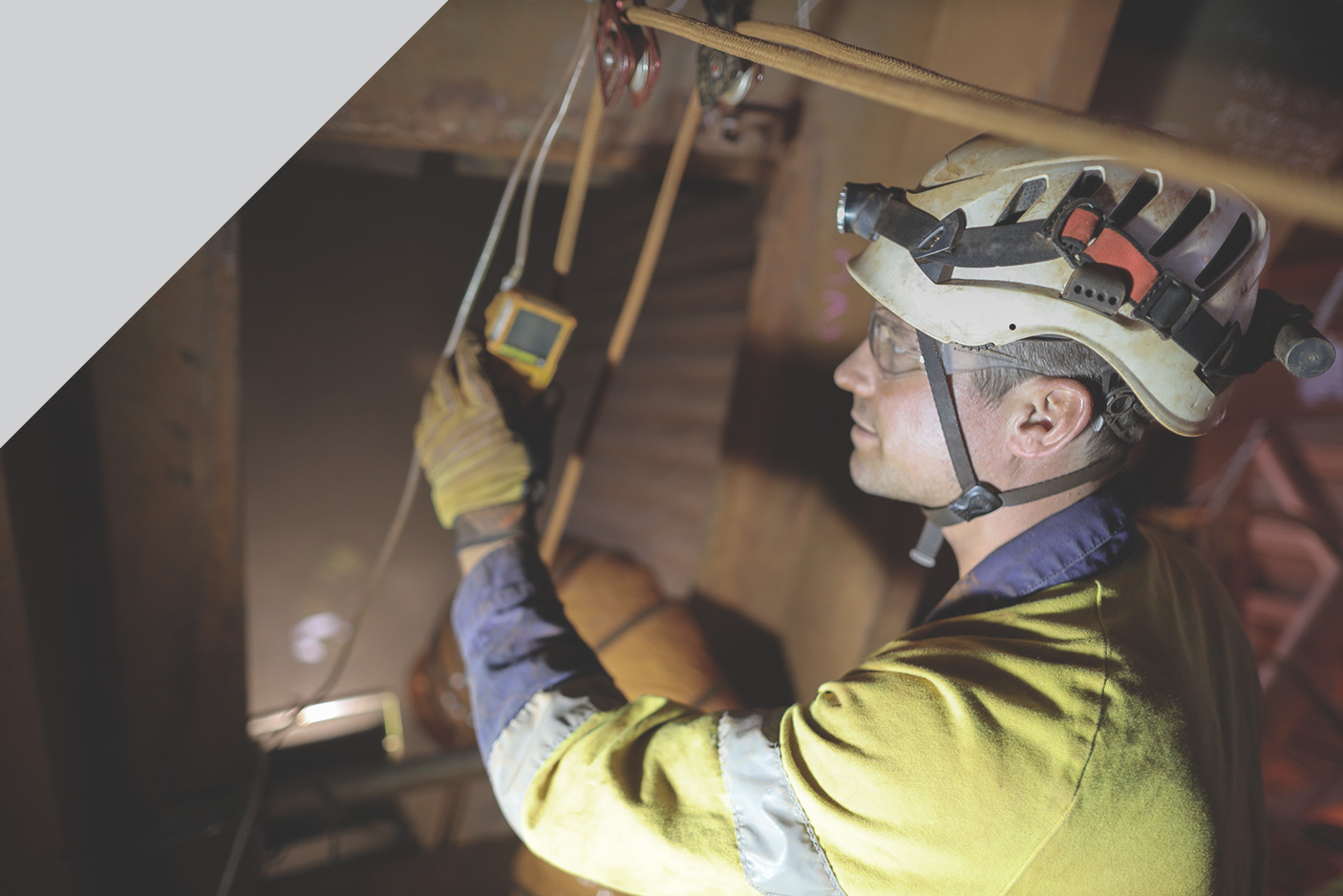
Emissions monitoring
New Essentials of PPC 3 - Emissions and Controls - 7 April 2025 to 31 March 2026
This is a pre-recorded webinar. Estimated time to view this webinar is 5 hrs. It is available from 7 April 2025 to 31 March 2026.
Fee = £295.00 plus VAT or 3 credits
Trainers = Robert Stewart and Tim Glews
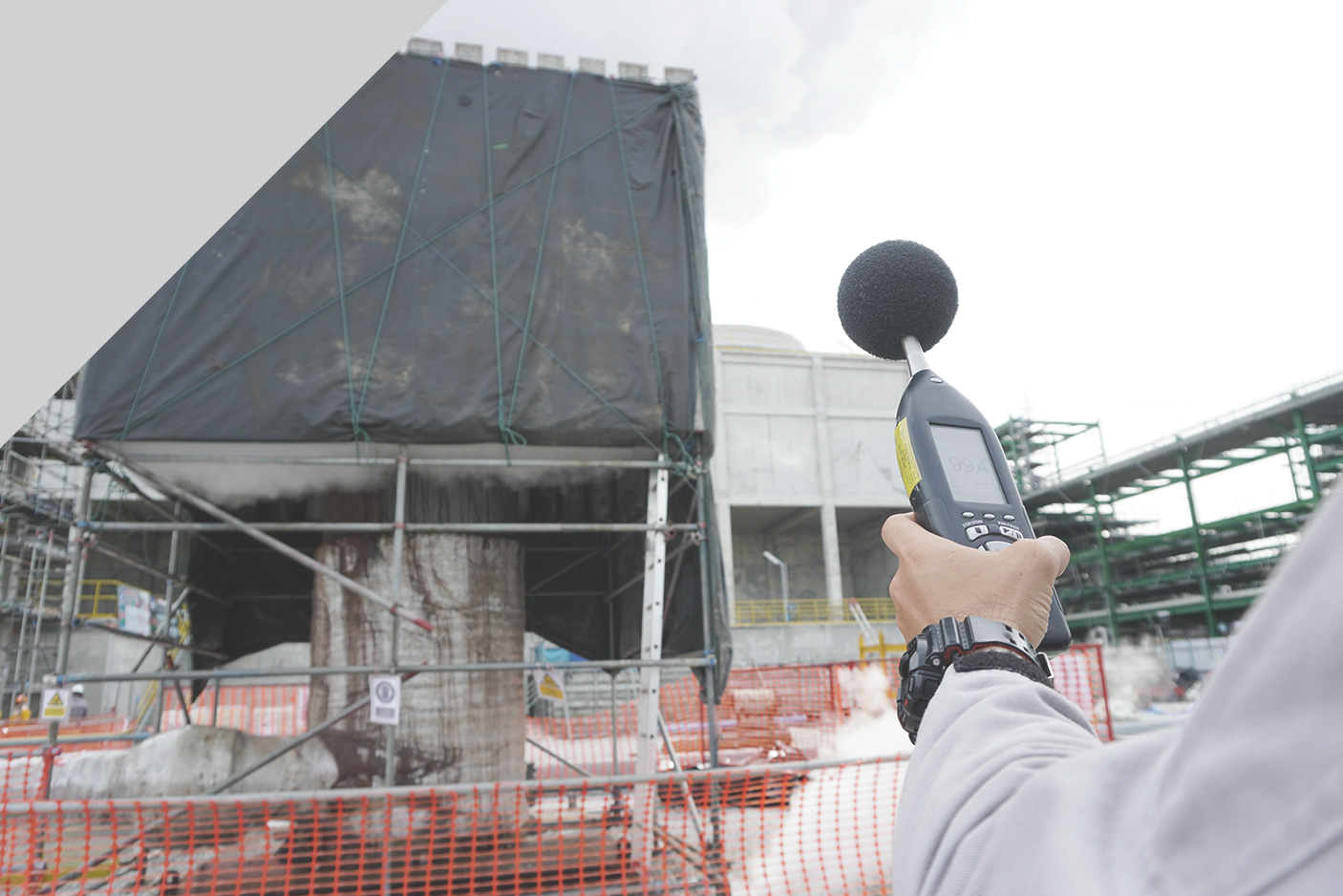
Emissions monitoring
New Essentials of PPC 4 - Monitoring and Compliance - 7 April 2025 to 31 March 2026
This is a pre-recorded webinar. Estimated time to view this webinar is 5 hrs. It is available from 7 April 2025 to 31 March 2026.
Fee = £295.00 plus VAT or 3 credits
Trainers = Robert Stewart and Tim Glews
This module will cover the monitoring and sampling issues to be taken into account for air, water and land. In addition, energy efficiency, resource efficiency and waste minimisation will be considered with respect to assessing and reducing usage and waste production by permitted activities. The monitoring techniques and compliance requirements for noise and odour are also considered. These measures are considered in the context of setting emissions control conditions in Pollution Prevention and Control permits, and for demonstrating compliance with them. The module culminates with a case study on demonstrating and checking compliance of emissions to air, including essential details of stack monitoring and reporting and a useful checklist for EP officers.
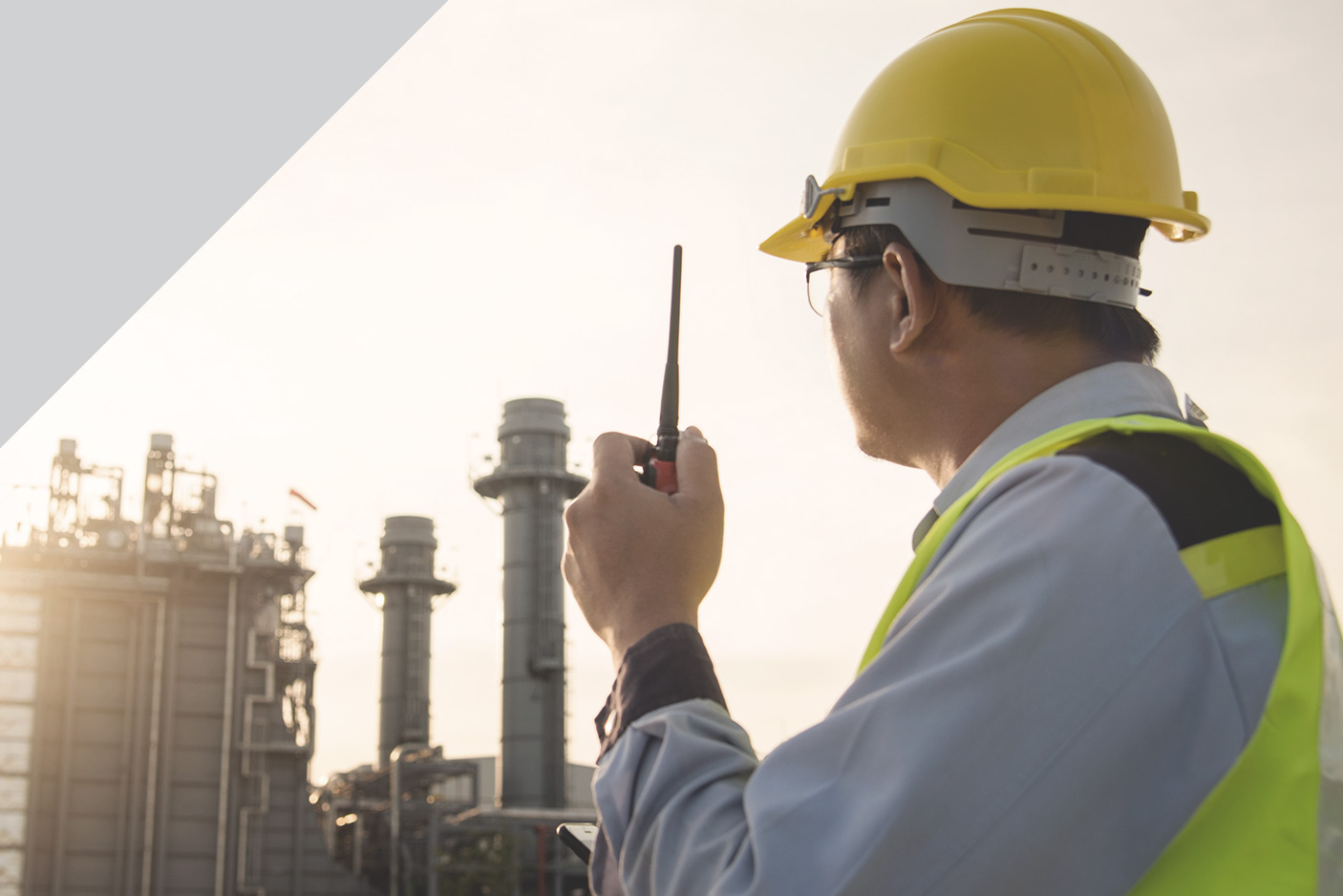
Emissions monitoring
New Essentials of PPC 5 - Management and Enforcement - 7 April 2025 to 31 March 2026
This is a pre-recorded webinar. Estimated time to view this webinar is 5 hrs. It is available from 7 April 2025 to 31 March 2026.
Fee = £295.00 plus VAT or 3 credits
Trainers = Robert Stewart and Tim Glews
The module will ensure that delegates understand how to effectively manage and discharge the duties required of them as authorised officers in respect of Local Authority Pollution Prevention and Control and LA-IPPC. Management issues such as performance management techniques, partnership working and the auditing and peer review of the Pollution Prevention and Control function are discussed as well as the practical issues of managing site inspections, inspection techniques, risk assessments and fees and charges. The legal duty for a Public Register is established as are consultation requirements for Local Authorities. Finally, enforcement of permitting requirements is addressed and advice on best practice enforcement provided and illustrated through an enforcement case study.
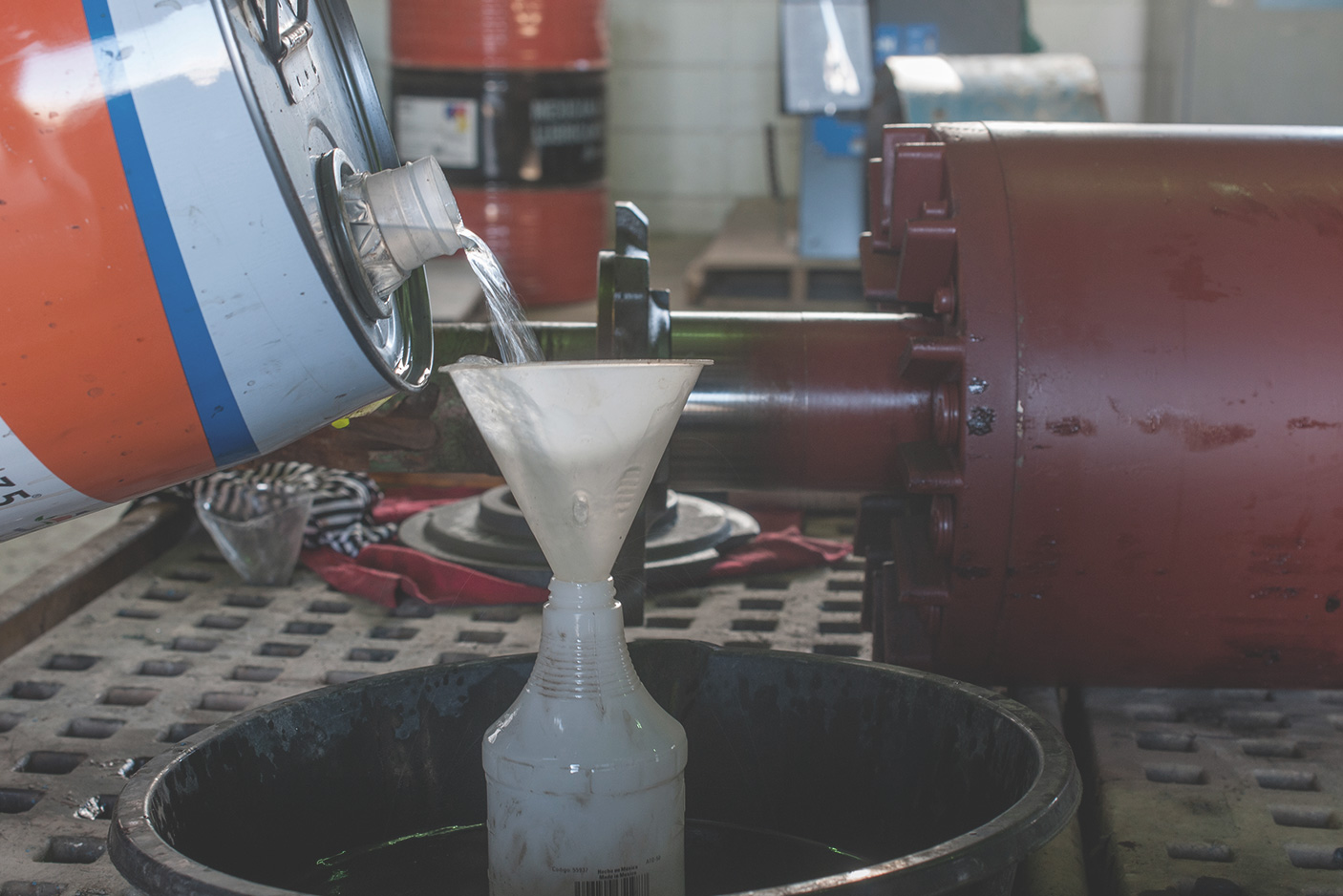
Emissions monitoring
Emissions Monitoring Advanced 1 - Solvent / Solvent Calculations - 2 September to 31 March 2026
This is a pre-recorded webinar available from 2 September to 31 March 2026.
Fee = £295.00 plus VAT or 3 credits
Trainers = Robert Stewart and Tony Higgins
This webinar is intended to provide delegates with confidence to understand the requirements and basic principles behind solvent management plans and annual solvent inventories – a key part of compliance for Part B, Solvent Emission Activities (SEA) and Part A2 solvent activities. The webinar will include two case studies to illustrate what is required in a solvent management plan and how it is used to assess compliance. The webinar is pre-recorded but delegates are encouraged to email queries on solvent activities to EMAQ. Queries will be forwarded to trainers who will email replies.

Emissions monitoring
Emissions Monitoring Advanced 2 - Particles/Dust Monitoring - 6 January to 31 March 2026
This is a pre-recorded webinar available from 6 January to 31 March 2026.
Fee = £295.00 plus VAT or 3 credits
Trainers = Robert Stewart and Alan Leonard
This webinar is
intended to provide delegates with confidence to understand the requirements
and basic principles behind particulate (dust) emission monitoring – a key part
of compliance for many Part B activities and also applicable to Part A2
activities and Small Waste Incineration Plant. The webinar will provide
an introduction to stack emission monitoring to set out general principles of
sampling. We will describe and explain the differences between
periodic and continuous particulate emission monitoring. The
approach used for periodic compliance emission testing and the concept of
isokinetic sampling will be described. The key features of the main
measurement Standards applied for particulate emission monitoring will be
described and QA/QC requirements explained. Features and considerations for
continuous emission monitoring systems (CEMS) will be described including
calibration requirements and the need that this is undertaken using reference
methods on process. Resources for further guidance will be signposted.
The webinar is pre-recorded but delegates are encouraged to email queries on
emission monitoring to emaq. Queries will be forwarded to trainers who
will email replies.

Emissions monitoring
NEW Essentials of PPC Proficiency Test (FROM NOVEMBER 2023)
Fee = £175.00 plus VAT or 3 credits
An EMAQ+
delegate who has attended all 5 EMAQ+ Essentials of PPC modules and taken and successfully
passed the associated Online Knowledge checks, gaining all 5 credits, is
eligible to sit a final 'Proficiency Test'.
The test is designed to test their co-ordinated knowledge of all the
aspects of PPC covered by the whole programme.
You cannot self enrol yourself for this test. You will be invited by the EMAQ+ Team to take this test when you are eligible.

Emissions monitoring
BAT Conclusions and Solvents - available until 31 March 2026
This is a pre-recorded webinar. Estimated time to view this webinar is 1-2 hrs. It is available until 31 March 2026.
Fee = £85.00 plus VAT or 1 credit
Trainers = Robert Stewart and Tony Higgins
EMAQ is offering this intermediate level webinar to provide some insight and support for those involved with updating A2 Solvent permits prior to the December 2024 deadline.
In Part 1 trainers will address the basic components for update of solvent permits to BATC that will be reviewed and the key requirements summarised. The session will provide a look at the common problems arising in sourcing appropriate information, evidencing BAT, and the update process. After the completion of Part 1, delegates will be invited to send in questions for the trainers to address in Part 2 for more detailed analysis. EMAQ will select the top issues for further (more detailed) review and facilitate an open forum workshop discussion (Part 2).
Part 2 will provide delegates with additional detailed information of the identified key issues, and an opportunity to ask questions directly in an open forum live webinar. The webinar will be moderated by the Trainers, but will enable delegates to share experiences and will hope to identify best practice.
This intermediate webinar has been requested by EMAQ members to specifically provide additional support to those regulating solvent A2 permits, but the principles will be application to all those involved in solvent regulation.

Emissions monitoring
Stack Heights - available until 31 March 2026
This is a pre-recorded mini-webinar. It is available from 3 October 2022 to 31 March 2026.
Fee = £65.00 plus VAT or 1 credit
Trainer = Charlotte Day
The purpose of this webinar is to provide an understanding of short term local air quality impacts that may occur in the immediate vicinity of chimneys discharging pollutants mainly from combustion processes. The need to approve the size of the stack remains a legislative requirement under the Clean Air Act and, is assessed in determining permits for Environmental Permitting Regulations activities regulated by Local Authorities. Such calculations are designed to protect local receptors from short term pollutant impacts and nuisance from odorous pollutant exposure.
The webinar uses worked examples to show the basis of the calculation and is designed to enable air quality and planning professionals to have confidence to be able review stack height calculations submitted as part of planning and permit applications.
The webinar presents data that demonstrate that a stack height determined using such calculation procedures (HMIP D1 or Chimney Height Memoranda methods) should ensure compliance with NAQS objectives.

Emissions monitoring
Dust - Assessment and Control - available until 31 March 2026
This is a pre-recorded webinar available until 31 March 2026. Duration of the webinar is 5 hrs and 30 mins.
Fee = £295.00 + V.A.T. for non-members or 3 credits for members
Trainer = Tony Higgins
The webinar will examine a range of dust related issues that Local Authorities may need to manage or regulate. The webinar will focus on the regulation of planning and nuisance issues but be touch on other regulatory regimes such as environmental permitting legislation. The webinar will provide an introduction to dust, including a look at how the material properties, definitions and likely impacts of dust vary depending on the dust type and the activities with which it is associated. We will review of current legislation and guidance on dust nuisance and how it can be assessed. We intend to use a series of case studies to reinforce practical aspects of nuisance monitoring and assessment.
On completion of the webinar we expect delegates will have a better understanding of the use of monitoring and to understand factors which can influence a successful dust nuisance campaign.

Emissions monitoring
Domestic Solid Fuel Standards Regulations - available until 31 March 2026
This is a pre-recorded mini-webinar. It is available until 31 March 2026.
Fee = £65.00 plus VAT or 1 credit
Trainer = Robert Stewart
The Air Quality (Domestic Solid Fuels Standards) (England) Regulations 2020 have been made under the Environment Act 1995 and place controls on sale of solid fuels (mineral fuels and wood fuels) for domestic use in England. Local Authorities are responsible for enforcement of the regulations which came into effect in May 2021. The Regulations are additional to controls on smoke and nuisance available under Clean Air Act 1993 (CAA) and Environmental Protection Act 1990 but some requirements for mineral fuels align with requirements for Authorised fuels in CAA. The webinar has been prepared to inform Local Authorities of the requirements of the new Regulations and provide guidance on the context and implementation. This training is intended to introduce Local Authority officers to the controls and responsibilities of the Regulations so that they can provide advice, undertake potential investigation actions and, where required, undertake enforcement activities.
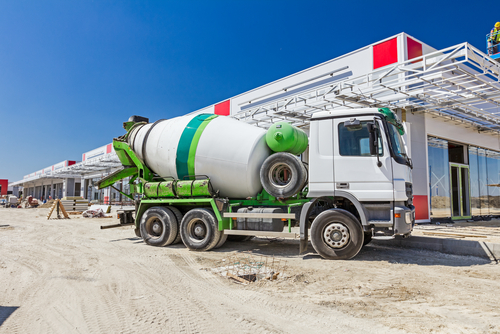
Emissions monitoring
Simplified Permitting Part 1 – Concrete Batching and Vehicular Refinishers - available until 31 March 2026
This is a pre-recorded mini-webinar. Duration of the webinar is 1 hr. It is available from 3 May 2022 to 31 March 2026.
Fee = £65.00 plus VAT or 1 credit
Trainer = Robert Stewart
Simplified permitting webinar – this webinar will introduce officers to LA-PPC simplified permitting (or ‘reduced fee’ permitting) for low risk activities under the Environmental Permitting Regulations. The webinar is intended for those who are new to permitting and will set out the basics of the simplified permitting regime. The webinar will provide officers with a basic introduction to understand the requirements of the simplified permitting process, obligations on operators, the role of the regulator and, the potential pitfalls. The webinar will consider application of simplified permitting to concrete batching and vehicle refinishing activities.

Emissions monitoring
Simplified Permitting Part 2 – Petrol Filling Stations and Dry Cleaners - available until 31 March 2026
This is a pre-recorded mini-webinar. Duration of the webinar is 1 hr 30 mins. It is available from 3 May 2022 to 31 March 2026.
Fee = £65.00 plus VAT or 1 credit
Trainer = Robert Stewart
Simplified Permitting Part 2 webinar will introduce officers to LA-PPC simplified permitting (or ‘reduced fee’ permitting) for low risk activities under the Environmental Permitting (England & Wales) Regulations 2016. The webinar is intended for those who are new to permitting and will set out the basics of the simplified permitting regime. The webinar will provide officers with a basic introduction to understand the requirements of the simplified permitting process, obligations on operators, the role of the regulator and, the potential pitfalls. The webinar will consider application of simplified permitting to Dry Cleaners and Petrol Filling Stations (Petrol Vapour Recovery 'PVR' I & II) activities.
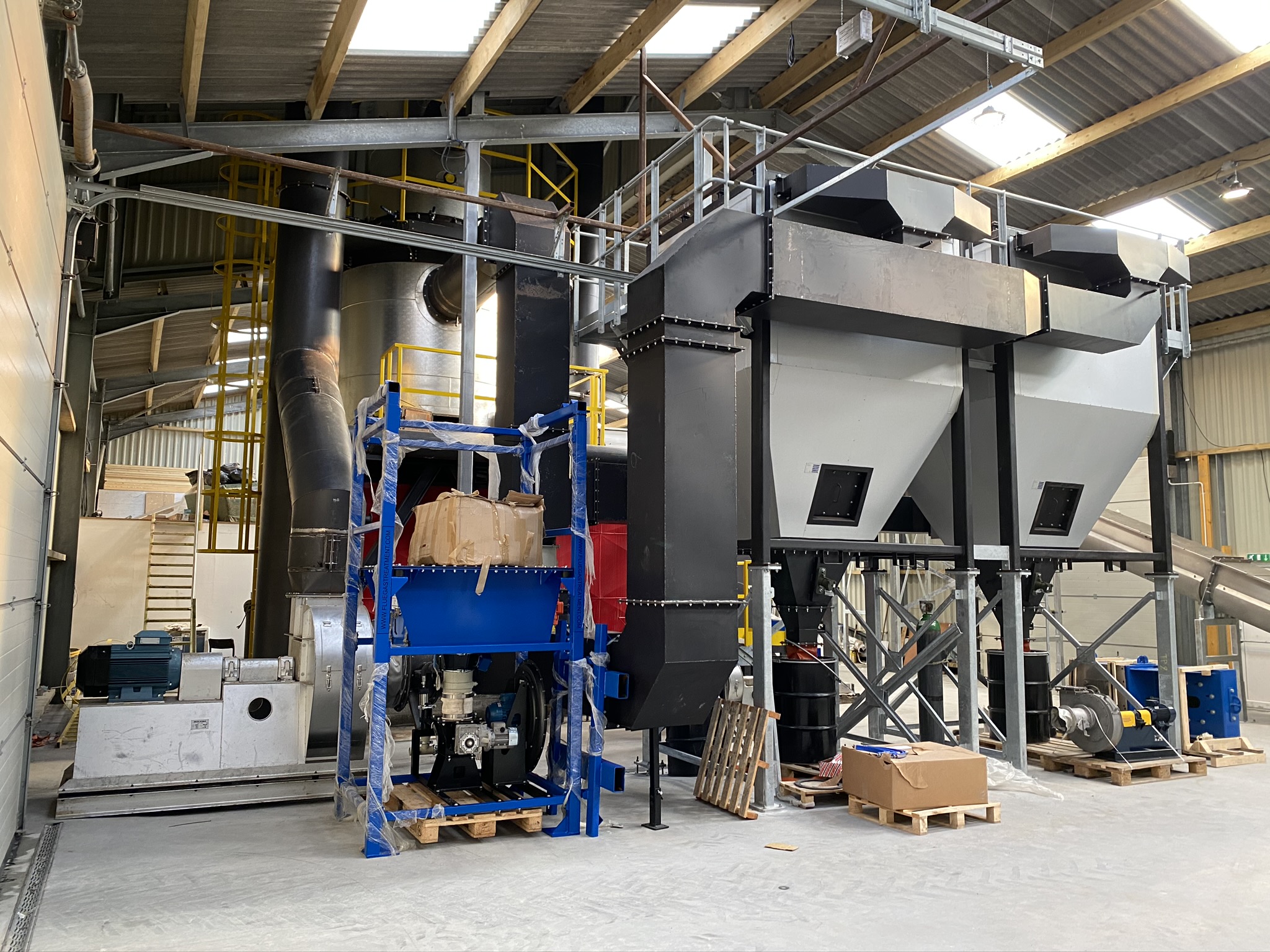
Emissions monitoring
Introduction to SWIPs - available until 31 March 2026
This is a pre-recorded mini-webinar. Duration of the webinar is 50 mins. It is available from 3 May 2022 to 31 March 2026.
Fee = £65.00 plus VAT or 1 credit
A webinar to introduce and distinguish the different types of Small Waste Incineration Plant (SWIP) regulated under EPR. These range from a small (<50kg/hr) waste treatment facility through a Part B SWIP activity, a medium combustion plant SWIP to an EPR Schedule 13 SWIP. SWIPs have different regulators and permitting requirements depending on the type of SWIP. The webinar will provide sources of guidance and some of the potential pitfalls in deciding the scope and determining a permit application.
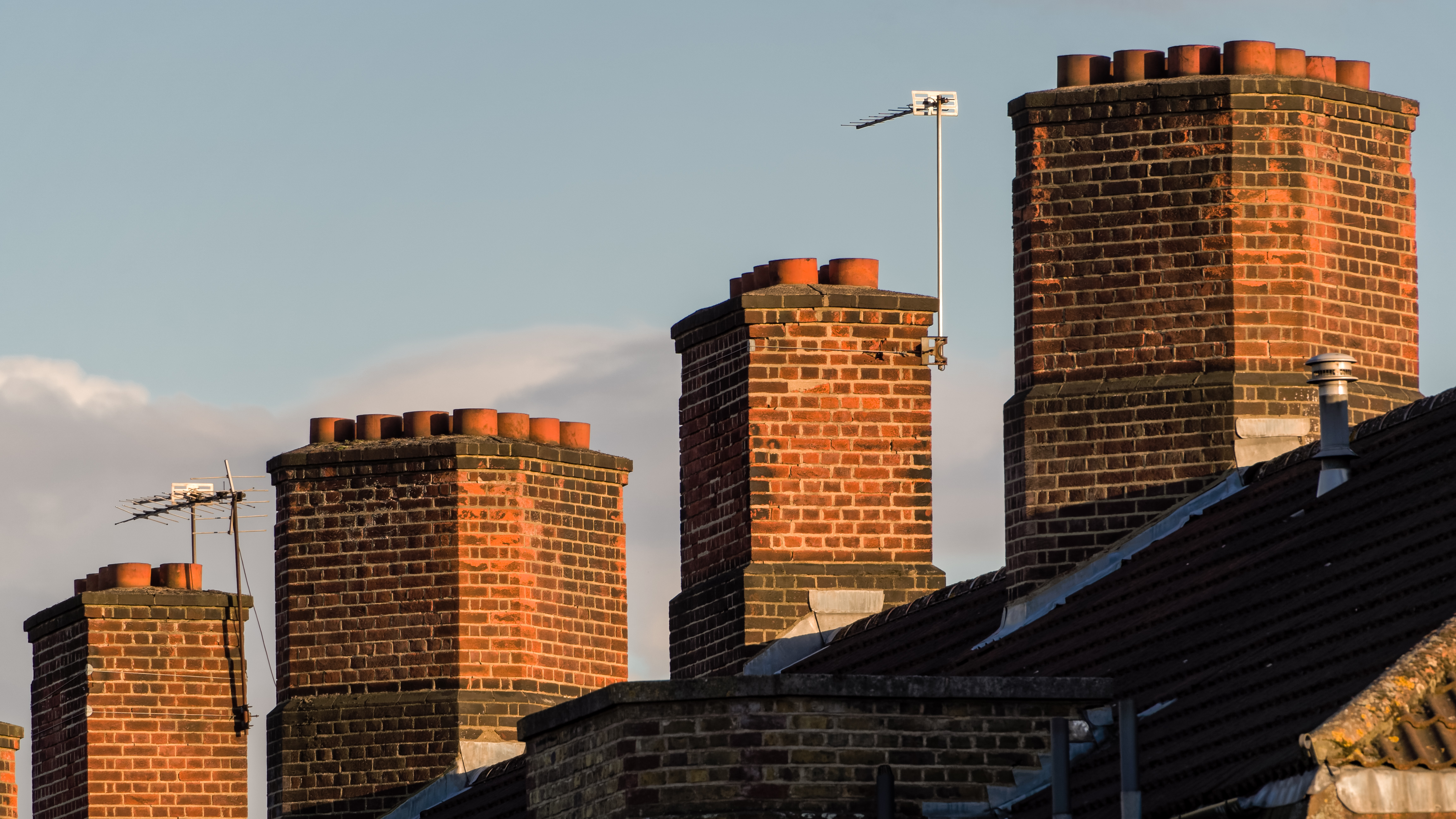
Emissions monitoring
Smoke Control - from 16 September 2024
This is a pre-recorded webinar. Estimated time to view this webinar is approx. 3 hrs. It is available from 12 September 2024.
Fee = £295.00 plus VAT or 3 credits
Trainers = Robert Stewart and Tim Glews
EMAQ+ is offering a webinar to provide some insight and support for those managing smoke control areas under the Clean Air Act 1993 including recent changes from the Environment Act 2021.
Trainers will introduce smoke control – the background to the Clean Air Act and the controls provided by the legislation and the Environment Act 2021; including the power to include moored vessels in Smoke Control Orders and, changes to enforcement to allow civil penalties. We will describe guidance available, approved fuel and appliance details and interaction with other legislation including nuisance and controls on solid fuels and solid fuel appliances.
Enforcement considerations and processes will be introduced and explained . In addition, the processes to declare a Smoke Control Area will be described and illustrated with a case study.
